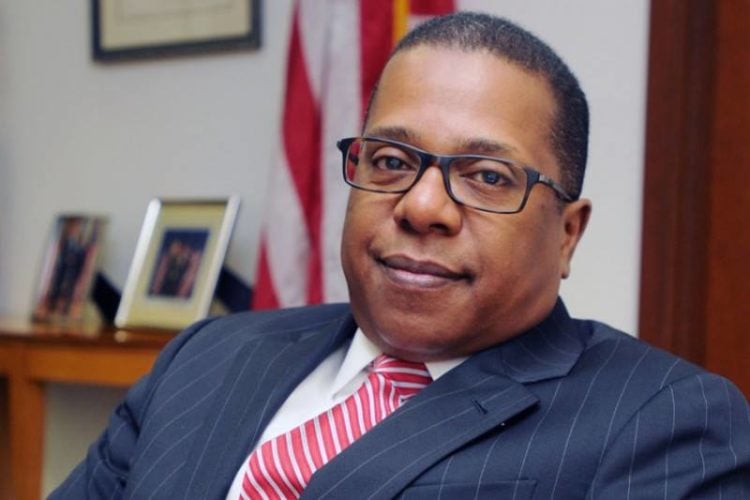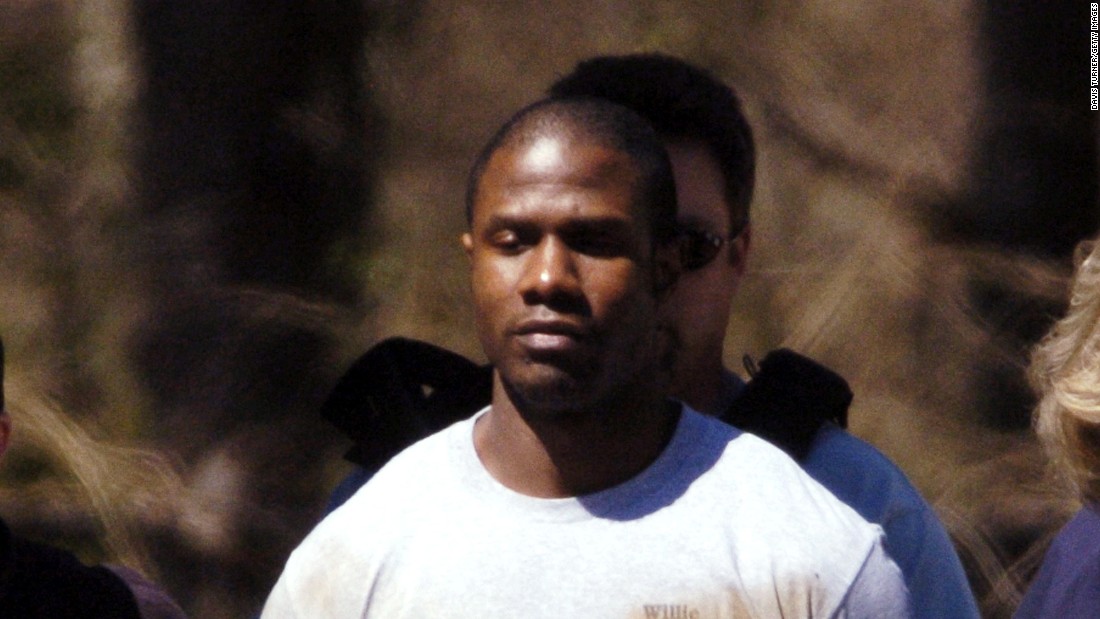Brian Nichols: The Man and His Crimes

Brian Nichols was a man whose life took a tragic turn, culminating in a series of violent crimes that shook the city of Atlanta, Georgia. His story is a chilling reminder of the devastating consequences of mental illness, untreated anger, and the potential for individuals to commit acts of extreme violence.
Early Life and Background
Brian Nichols was born on January 11, 1974, in Atlanta, Georgia. His early life was marked by challenges, including a turbulent family environment and a history of mental health issues. His mother, a single parent, struggled to make ends meet, and Nichols faced difficulties in school, exhibiting disruptive behavior and poor academic performance. By the age of 13, Nichols had been diagnosed with bipolar disorder, a mental health condition characterized by extreme shifts in mood, energy, and behavior.
Timeline of Events Leading Up to the Crimes
- March 11, 2005: Nichols was arrested on charges of aggravated assault and battery stemming from a domestic violence incident involving his girlfriend. He was released on bond but failed to appear for a court hearing on March 13, 2005.
- March 13, 2005: Nichols was due in court for a hearing related to the aggravated assault and battery charges. He failed to appear, marking the beginning of his flight from justice.
- March 13, 2005: At the Fulton County Courthouse in Atlanta, Nichols, armed with a handgun, shot and killed a court bailiff, a court reporter, and a deputy sheriff. He also wounded a judge.
- March 13, 2005: After the courthouse shooting, Nichols went on the run, embarking on a 7-day manhunt.
- March 20, 2005: Nichols was apprehended by law enforcement officers in a suburban Atlanta home.
The Nature of the Crimes
Brian Nichols committed a series of violent crimes, including murder, attempted murder, and aggravated assault. His actions were characterized by a disregard for human life and a willingness to use extreme violence to achieve his goals.
The Impact of the Crimes: Brian Nichols

The crimes committed by Brian Nichols had a profound and lasting impact on the victims, their families, and the Atlanta community. The immediate aftermath of the events was marked by fear, grief, and a sense of vulnerability. In the long term, the impact extended beyond the immediate victims, influencing public policy, law enforcement practices, and the broader societal discourse on criminal justice.
The Impact on the Victims and Their Families
The victims of Brian Nichols’ crimes suffered profound physical and emotional trauma. The immediate impact included physical injuries, fear, and a sense of violation. The long-term impact included post-traumatic stress disorder (PTSD), anxiety, depression, and difficulty trusting others. The families of the victims also experienced significant emotional distress, grappling with the loss of loved ones, the trauma experienced by survivors, and the ongoing media attention surrounding the case.
The Societal Response to the Events
The crimes committed by Brian Nichols sparked widespread fear and concern in the Atlanta community. The events also led to a public debate about gun control, mental health, and the effectiveness of the criminal justice system.
Key Figures and Their Roles
| Figure | Role |
|---|---|
| Brian Nichols | Perpetrator of the crimes |
| Judge Roland Barnes | Presiding judge in Nichols’ trial |
| Ashley Smith | Victim who survived the attack |
| The Atlanta Police Department | Investigated the crimes and apprehended Nichols |
| The Fulton County District Attorney’s Office | Prosecuted Nichols |
The Trial and Its Aftermath

The trial of Brian Nichols, following his arrest for the 2005 Atlanta courthouse shooting, was a highly publicized and emotionally charged event. The proceedings shed light on the complex legal and social issues surrounding the case, including the defendant’s mental state, the role of law enforcement, and the impact of the tragedy on the victims and their families.
The Legal Proceedings and the Trial
The trial commenced in October 2005, with Nichols facing multiple charges, including murder, aggravated assault, and escape. The prosecution presented a strong case, highlighting the brutality of the crimes and the meticulous planning involved. They presented evidence, including eyewitness testimonies, forensic analysis, and Nichols’ own statements, to establish his guilt.
Key Arguments Presented by Both Sides, Brian nichols
The defense argued that Nichols was mentally unstable at the time of the shootings, citing his history of mental illness and his erratic behavior leading up to the events. They attempted to portray him as a victim of the criminal justice system, arguing that his actions were a desperate attempt to escape a perceived injustice.
The Verdict and Sentencing
Despite the defense’s efforts, the jury found Nichols guilty on all counts. The verdict was announced in January 2006, after a trial that lasted several weeks. The sentencing phase followed, where the jury considered the aggravating and mitigating factors of the case. Ultimately, Nichols was sentenced to death, a decision that was met with mixed reactions.
The Ongoing Implications of the Case and Its Legacy
The Brian Nichols case had a profound impact on the Atlanta community and beyond. It sparked discussions about mental health in the criminal justice system, the effectiveness of security measures in courthouses, and the need for greater accountability in law enforcement. The case also highlighted the enduring pain and trauma experienced by victims of violent crime and their families.
Brian Nichols, a veteran of the beverage industry, played a pivotal role in Starbucks’ growth during his tenure as Chief Operating Officer. His leadership was instrumental in navigating the company through various challenges, setting the stage for the current CEO, ceo laxman narasimhan , to build upon.
Nichols’s legacy continues to influence Starbucks’ operations and strategic direction, particularly in areas like digital innovation and customer experience.
Brian Nichols, the current CEO of Starbucks, has navigated the company through a period of significant growth and innovation. His leadership has been instrumental in expanding Starbucks’ global footprint and introducing new products and services, including the highly successful mobile ordering platform.
This focus on innovation and customer experience has played a key role in driving the performance of sbux stock , making it a popular investment choice for many investors. Nichols’ vision for Starbucks continues to shape the company’s future, aiming to solidify its position as a leading global brand in the coffee and beverage industry.
